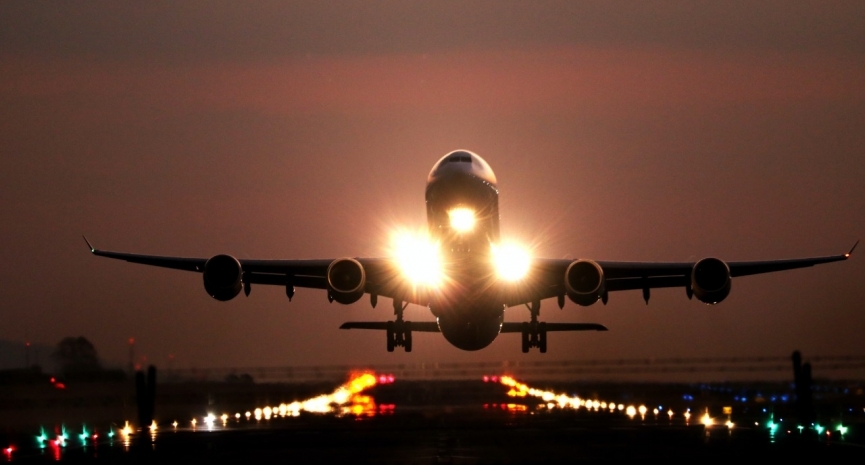Decrease in international routes among African Airlines amid omicron: AFRAA
From January to November 2021, air passenger traffic reached 41.6 percent compared to the same period in 2019. Similarly, capacity reached 58 percent

December 7, 2021: From January to November 2021, air passenger traffic reached 41.6 percent compared to the same period in 2019. Similarly, capacity reached 58 percent. The low evolution of ASK is explained by the ongoing travel restrictions and the low willingness of travellers, says African Airlines Association (AFRAA).
Domestic market maintained the biggest share for capacity but reduced traffic in August 2021, with demand for passenger outperforming intra-Africa and intercontinental at 39 percent compared to 29.3 percent for intra-Africa and 31.6 percent for intercontinental. Both intra-Africa and intercontinental displayed an increase in traffic. As regards passenger seats offered, domestic, intra-Africa and intercontinental account for 44.7 percent, 22.4 percent, and 32.9 percent respectively.
African airlines’ restart of operations on international routes continued with the positive trend into November with four of the top 15 African airlines exceeding the number of their international routes in the pre-COVID period. However, as of November 2021, we noted a slight decreased from 81.3 percent in October to 80.8 percent in November 2021 due to some airlines that closed few international routes, among which Air Arabia Maroc and EgyptAir.
The Intra-African connectivity reached 78 percent of the pre-Covid levels in October 2021. However, the connectivity in Mauritius remained 98 percent lower than in February 2020. Airports like Abidjan and Dakar slightly exceed their level of connectivity of February 2020.
Across the African continent in general, passenger traffic volumes continued to be low due to the inconsistencies in the messaging regarding border closures, health protocols and continued surge in Covid-19 infections in some countries, and recently the concern about omicron identified as a potentially more transmissible coronavirus variant. The result is significant low airlines revenues. Full year revenue loss for 2021 is forecast at $8.5b that is 49 percent of the 2019 revenues. In 2020, African airlines cumulatively lost $10.21b in revenues due to the impact of the pandemic, representing 58.8 percent of 2019 revenues. This poor performance is a direct threat to the survival of the African aviation industry.
Government regulatory developments
The government of Morocco tightened entry restrictions to its territory and suspended flights to some European countries including UK, Germany and the Netherlands due to the rise in Covid cases. The move comes in response to the growing number of Covid cases across Europe.
Effective December 1, 2021, only Covid certificates obtained on the Trusted Travel platform or verified on the Global Haven systems will be valid for entry or exit into Namibia at certain points of Entry. Namibia aligned itself with the African Union, which has implemented the Trusted Travel System, an online platform for travelers to register their personal and COVID-test related details prior to travel.
EU: Recommendation on the lifting of European travel restrictions for third-countries nationals - Updated country list – Two African countries on the list: Namibia and Rwanda, as from 9 November 2021
The Government of Canada published the list of countries with entry prohibitions, which includes Botswana, Egypt, Eswatini, Lesotho, Malawi, Mozambique, Namibia, Nigeria, South Africa and Zimbabwe. Foreign nationals who have been in any of these countries within the previous 14 days will not be permitted entry into Canada. This as of December 1, 2021.
US join EU in restricting travel from South Africa, Botswana, Zimbabwe, Namibia, Lesotho, Eswatini, Mozambique and Malawi. The ban came into effect on 29 November.
Effective December 6, 2021, the United Kingdom has banned flights from Nigeria over the Omicron variant of the Covid virus.


